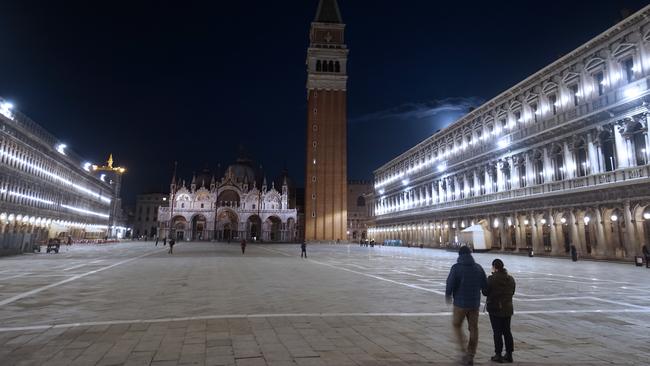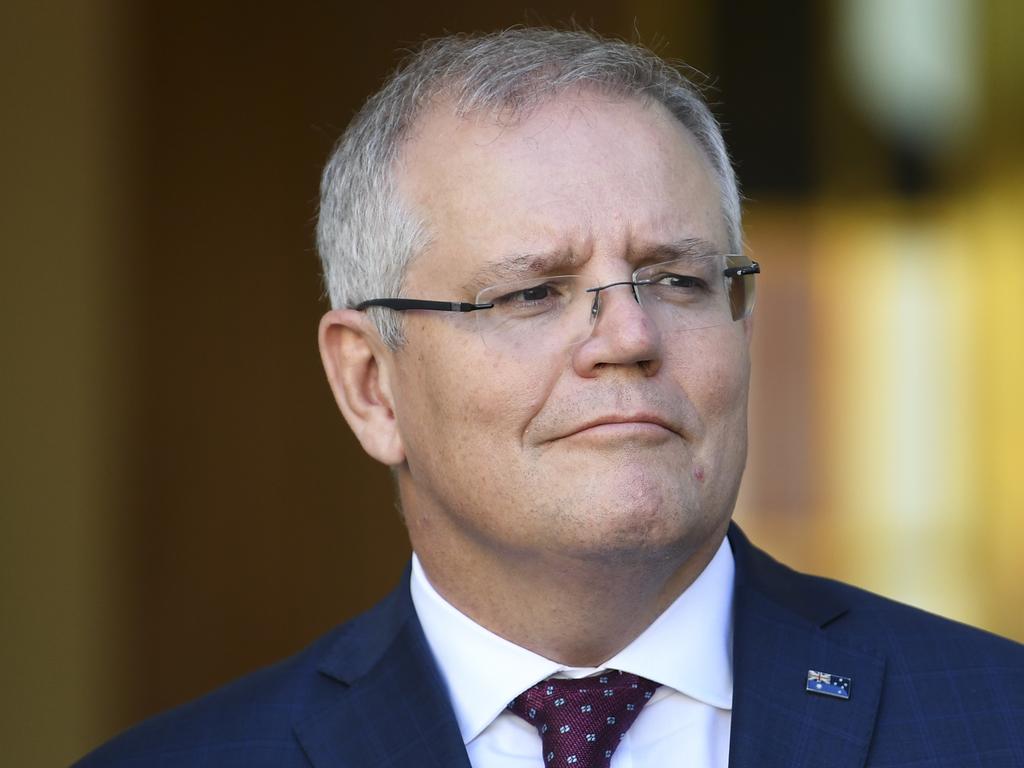
Australia is able to undertake a major small business rescue package because we have low government debt and our budget was in surplus. Italy is the reverse: high government debt and a budget deficit.
Italy is much larger than Greece and is said to be too big to fail. In the current environment that may make it too big to save.
In turn, the common European currency is now in grave danger. But worse still, if the Italian mess can’t be contained it will endanger big slabs of the world banking system.
There are few people in the world with a deeper understanding of the financial forces in Europe than New Zealand based Dr Oliver Hartwich. During the Greek crisis, I had the privilege of working with him in communicating to Australians the forces that were driving that crisis.
These days he is executive director of The New Zealand Initiative, an New Zealand public-policy think tank that was formed in 2012 to incorporate the NZ Business Roundtable.
And so in this crisis I’ve again turned to Hartwich, who has written a major analysis of the Italian situation for New Zealand’s online publication Newsroom.
The self-preservation society
Of all the countries of the eurozone, there is no other which has suffered as much from adopting the common European currency as Italy.
Italy’s business model prior to the euro had depended on constant devaluations of its old currency, the lira.
Once that safety valve was removed, Italy needed to increase its productivity in line with its more competitive European neighbours. It didn’t.
Instead, it enjoyed the boost of lower interest rates as it gradually allowed its competitiveness to erode. And that coincided with continued political instability.
Banks were enabled to access cheap, fresh money from the European Central Bank so they could purchase Italian government bonds and pocket the interest rate difference. That way, the ECB kept both the Italian banks and the Italian government afloat.
Only occasionally were ECB policies not enough and Italian banks like Banca Monte dei Paschi or Banca Popolare di Bari had to be bailed out. Other European banks are also major investors in Italian bonds, led by the French
The Italian government benefited from ECB support and became one of the most indebted governments in the world. But the ECB never guaranteed Italian bonds and was a critic of its budgetary policies.
Yet because of the ECB’s support - until the slump in Italian bond prices during last few days — 10-year Italian government bonds have been trading on a yield around 1 per cent.
That ECB support masked the fact that Italy’s debt-to-GDP ratio kept going up and has hovered around 135 percent since 2015.
The lifesaver of the Italian economy was tourism, which accounts for 14 per cent of GDP and until the crisis was practically the only industry still growing.
This year tourism is now likely to collapse completely. But that is just the beginning. Not only will that cause GDP to collapse, but government spending will necessarily increase substantially as a result of the crisis.
For 2020, Italy had originally projected a deficit of just above 2 per cent of GDP (after much haggling with the EU Commission).
But you can insert your own number now, because no-one can honestly estimate what government response the coronavirus will trigger. So we have GDP plunging as a result of the tourism collapse and spending skyrocketing.
It is plausible that by the end of this year we will see Italy’s debt-to-GDP ratios going past 150 per cent. But it gets worse.
What worse looks like
Last year, the Banca d’Italia estimated that around 7-8 per cent of Italian companies were “zombie firms”: companies that are teetering on bankruptcy but are kept alive by low interest rates.
A severe Italian recession will not only destroy many of the zombie firms but will savage those Italian banks that gave them credit.
In this scenario, Italy would be bankrupt. Just as Greece was a decade ago. But Italy is several times larger than Greece and those European countries that would need to bail out Italy will be busy dealing with their own coronavirus casualties.
If Italy fails it will be a catastrophe not just for Italy. It maybe be the end of the euro as Europe’s currency. The world will see a return to the euro crisis of a decade ago except that it will be much more severe.
Hartwich concludes this way: “I have been covering the euro crisis for a decade now for various publications. But I have never seen a situation as dramatic as Italy’s today. The only reason why you may not have read about the new coronavirus-induced Italian euro crisis just yet is that there are so many other coronavirus-induced crises around.
“As for my Italian friends, I am afraid I have to finish with a quote from your national poet, Dante Alighieri: Lasciate ogni speranza voi ch’entrate. (Abandon all hope, ye who enter). This will not end well.”







Sharemarket falls and Australian and looming US rescue packages are obscuring the next major financial crisis: the likely collapse of Italy.